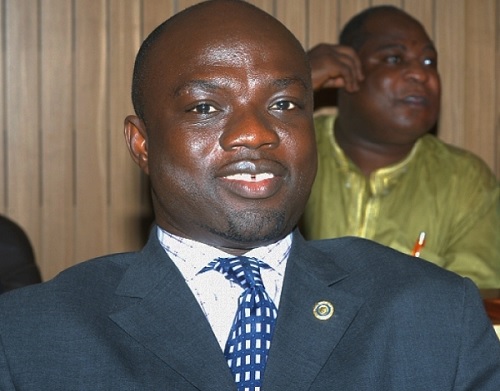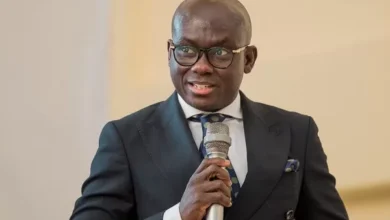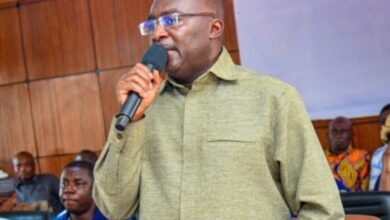Court Orders Retrial in Infamous JB Danquah Murder Case
The retrial will revisit critical evidence in the case after a 4-3 jury verdict failed to convict the accused

- Jury could not reach a unanimous verdict in the case
- Retrial will revisit all evidence related to the 2016 murder
- Asiedu remains in custody while awaiting the retrial
The murder trial of Daniel Asiedu, accused of killing former MP JB Danquah, will be retried after the jury returned a split verdict.
The seven-member jury delivered a 4-3 decision of not guilty, leading Justice Lydia Osei Marfo to discharge the jury in accordance with Section 285(4) of the Criminal and Other Offenses (Procedure) Act, 1960. The court found the verdict insufficient and inconclusive for a final decision.
Despite the jury’s split decision, Daniel Asiedu remains in custody as directed by the judge.
The case, which dates back to 2016, involves Asiedu’s alleged murder of JB Danquah at his home, where prosecutors claim he fatally stabbed the MP during a robbery. After undergoing psychiatric evaluations, Asiedu pleaded in February 2021, and the trial began that same year.
The retrial is expected to resolve remaining uncertainties and provide a definitive conclusion to this high-profile case.
Case Overview:
The accused, Daniel Asiedu, allegedly entered the late MP’s house using a ladder, with the night security officer reportedly asleep. Asiedu allegedly overpowered and stabbed the MP in the chest and neck, taking three phones before fleeing the scene.
Police investigations revealed a knife wound on Asiedu’s palm, and he is said to have washed off the blood at a nearby house. The accused reportedly gave the phones to a family friend to charge and unlock them, which led to key evidence being uncovered.
Prosecution’s Case:
The prosecution called eight witnesses, including the MP’s driver, a security guard, and the accused’s acquaintances. The driver testified to the MP’s activities on the day of the murder. The security officer, who witnessed suspicious movements involving a ladder, raised an alarm that led to the discovery of the MP’s body.
The third prosecution witness, Ken Koranchie, testified that Asiedu handed him two phones to unlock, and one phone revealed images of the late MP, raising suspicion. The investigation eventually linked the phones and DNA evidence to Asiedu.
Defence’s Argument:
Asiedu’s lawyers criticized the prosecution, arguing that critical evidence was missing, such as forensic tests on the alleged murder weapon. They questioned the validity of the post-mortem report, which was prepared years after the examination, and the reliability of DNA analysis performed by a third-party company.
The defence urged the jury to acquit Asiedu, asserting that the prosecution’s case was based on fabricated evidence. Despite their efforts, the jury returned with a 4-3 not guilty verdict on both robbery and murder charges.





